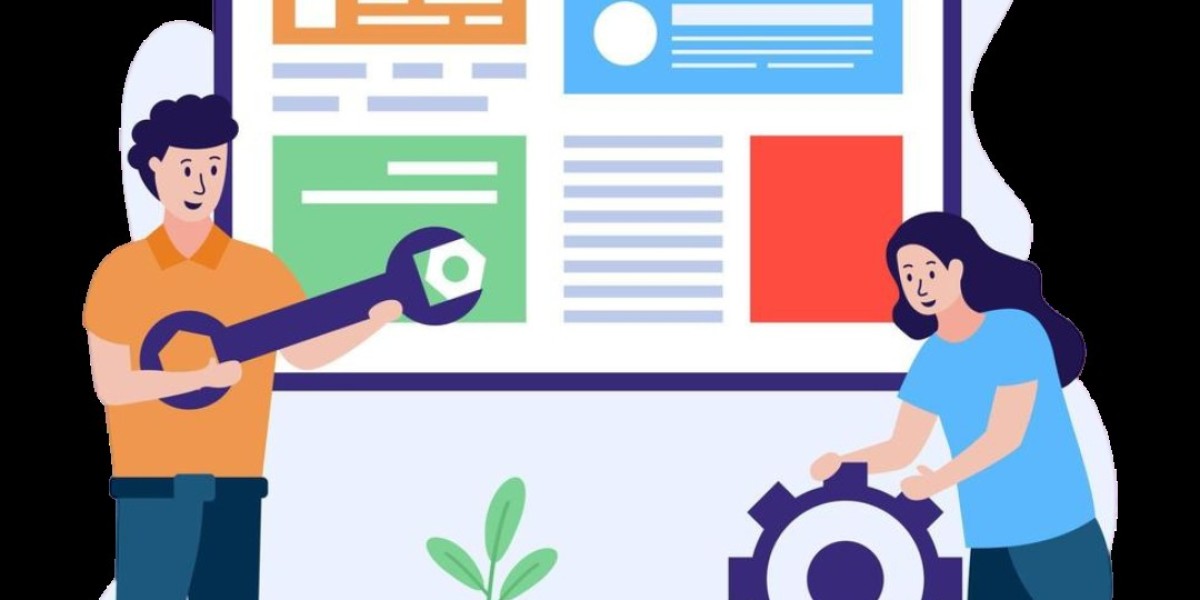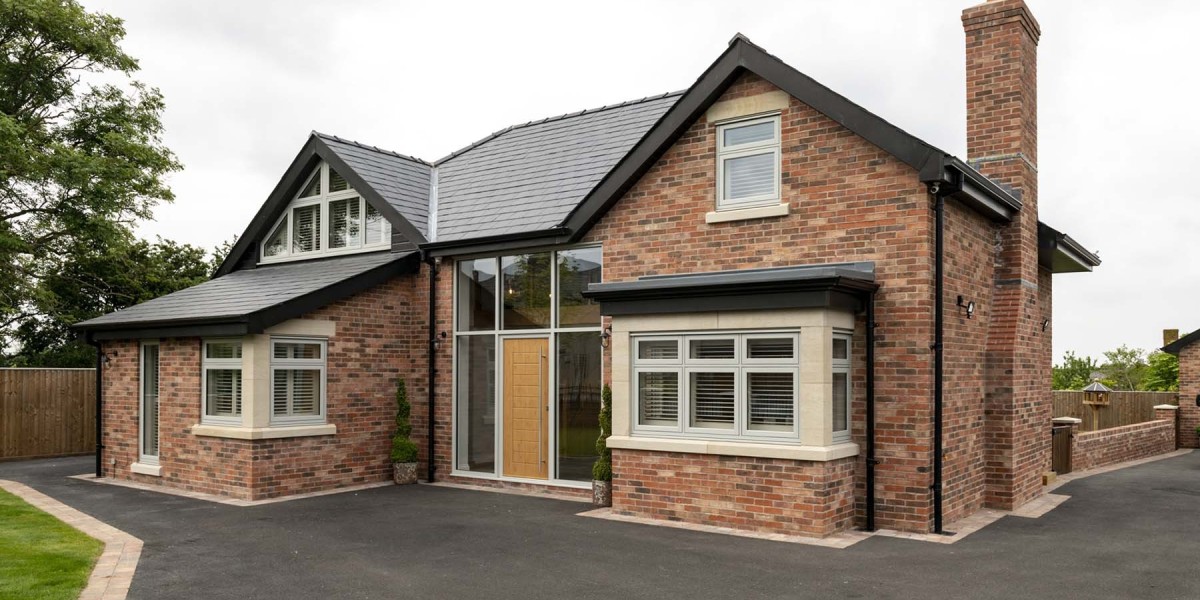— you still need at least a faint signal outdoors. Essentially, it listens to signals outside (via an external antenna), boosts them in the amplifier, and re-broadcasts them inside (via the indoor antenna). If everything lines up, you get clearer calls, stronger data, and more consistent coverage.
If something’s off, though, you’ll notice zero improvement—or worse, the signal might degrade because of interference or feedback loops.
2. Top Reasons Your Booster Isn’t Working
Let’s go through the most common pitfalls (so you can quickly eliminate them).
2.1 Misaligned or blocked outdoor antenna
If your outdoor (external) antenna isn’t pointing toward the cell tower (or is blocked by trees, rooflines, new construction, etc.), it won’t pick up a strong signal. Even a few degrees off can matter.
2.2 Overload (too strong signal)
Seems counterintuitive, but if you're super close to a cell tower, the signal might be too strong, and your amplifier gets “overloaded,” leading it to throttle or shut down. This is one of the two main issues boosters face. weboost.com+1
2.3 Oscillation / feedback between antennas
If the indoor and outdoor antennas are too close (or poorly isolated), the boosted signal can “leak” back to the outdoor antenna, creating feedback — like shouting into a microphone that’s too close to the speaker. That confuses the system and forces it to reduce gain. Novotech+1
2.4 Damaged or low-quality cables/connectors
Cables wear out, get bent, or lose shielding. A poor connection can degrade the signal before it even reaches your booster. Sometimes that’s the weakest link.
2.5 Band/frequency mismatch
If your carrier uses a frequency or LTE/5G band your booster doesn’t support, then your booster simply can’t help on that band. You’ll get gaps. This is especially true with newer network upgrades.
2.6 Misconfiguration, firmware, or gain settings
Some boosters have adjustable gain settings or software/firmware control. If someone turned off a band, set the gain too low, or the firmware is outdated, the booster won’t function optimally.
3. Diagnosing What’s Wrong — Step by Step
Here’s a simple path to find what’s broken:
Check raw signal metrics (dBm, RSRP, etc.) with the booster off vs on. Bar icons can mislead.
Remove the booster completely — check the outside signal by itself. Then hook things back in, one piece at a time (cable, antenna, amplifier).
Inspect all cables & connectors under good light — any bends, corrosion, loose ends?
Increase separation between the antennas — try moving the indoor and outdoor antennas farther apart (horizontally, vertically, or both).
Test with attenuator or reduce gain — if overload is the issue, reducing input helps the booster behave. weboost.com+1
Switch bands/frequencies (if supported) to see if some work while others don’t.
Watch status LEDs or error codes on the booster — many models indicate overload, oscillation, or weak signal via lights. powerfulsignal.com
4. Quick Fixes You Can Try Right Now
These may fix your problem without needing to replace anything:
Reposition the outdoor antenna — slowly shift direction, avoid pointing toward your own house.
Separate indoor and outdoor units — move them farther apart. Sometimes just a few extra feet helps.
Use an attenuator if you're close to towers to reduce input strength.
Replace suspect cables/connectors with quality coaxial, properly shielded ones.
Reset or update your booster settings/firmware — enable all needed bands, set gain reasonably.
Ensure band compatibility — check what bands your provider uses; make sure your booster supports them.
5. Why All This Is Worth the Hassle
When your Us brand booster starts working properly again, here’s what you’ll get:
Fewer dropped calls & more dependable voice calls
Much faster upload/download speeds
Stronger signal in “dead zones” like basements, inner rooms, thick walls
Longer battery life (your device doesn’t have to strain trying to reach a weak signal)
Support for multiple users/devices without everyone lagging
Peace of mind — no more signal frustration in your home or workplace
6. Maintenance Tips — Keep It Running Strong
Once you’ve got it working, here’s how to prevent future breakdowns:
Periodically inspect cables, connectors, and antennas
Keep firmware/settings updated
If you remodel or add thick walls or metal roofs, reconsider antenna layout
Track signal strength over time — subtle declines can warn you early
Use high-quality, shielded cables and connectors only
If you ever change service providers or move, double-check band support
7. When It’s Not Fixable — Time to Think Bigger
Okay, if you tried everything and nothing changed, here are possibilities:
Internal amplifier is failing (especially in cheaper units)
External interference (radio towers, industrial equipment, power lines)
Physical damage — lightning, water, animals, etc.
Your booster model simply can’t handle your environment’s demands
If that’s the case, you may need to upgrade to a more powerful or more compatible unit, or reach out to the manufacturer for support or warranty replacement.
Conclusion
Your Us brand booster acting up? Don’t surrender to frustration. Most issues come down to a few key problems: misalignment, overload, signal oscillation, bad wiring, or band mismatch. By systematically diagnosing and applying the fixes above — repositioning antennas, separating devices, replacing cables, updating settings — you can often get it back online in under an hour.
Once it’s working, expect boosted signal strength, fewer dropped calls, faster speeds, and better indoor coverage. If you want me to walk you through your specific model or environment, just send me the details (model, photos, specs). I’ll help you tailor the solution.








